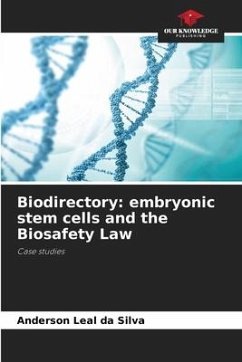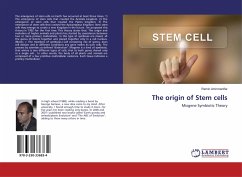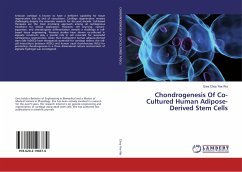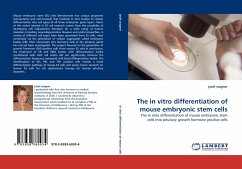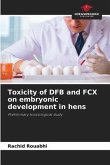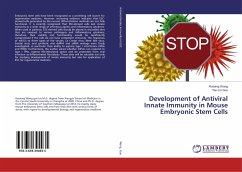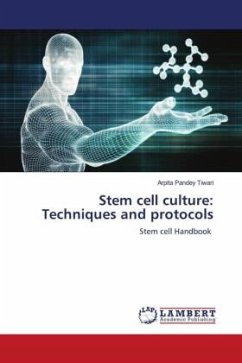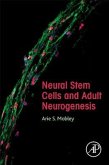This paper analyses the historical evolution of embryonic stem cell research, its aspects, characteristics, benefits and prospects, concomitant with the Biosafety Law and its characteristics, as well as other applicable rules. It also analyses the global aspects of the subject and its consequences and impacts on academic understanding and society in general. It does this by studying the bibliography on the subject, ethical concepts and a statistical analysis of the correlation between the permissibility of embryonic stem cell research and economic development. The aim of this study is to elucidate issues for a better understanding of the subject in the area of Law and to clarify legal points for the area of Biology, Genetic Engineering, Biomedicine and related research, thus contributing to the expansion of knowledge in Bioderlaw and presenting a statistical study that corroborates the perception of correlation of research and investment versus economic development.

